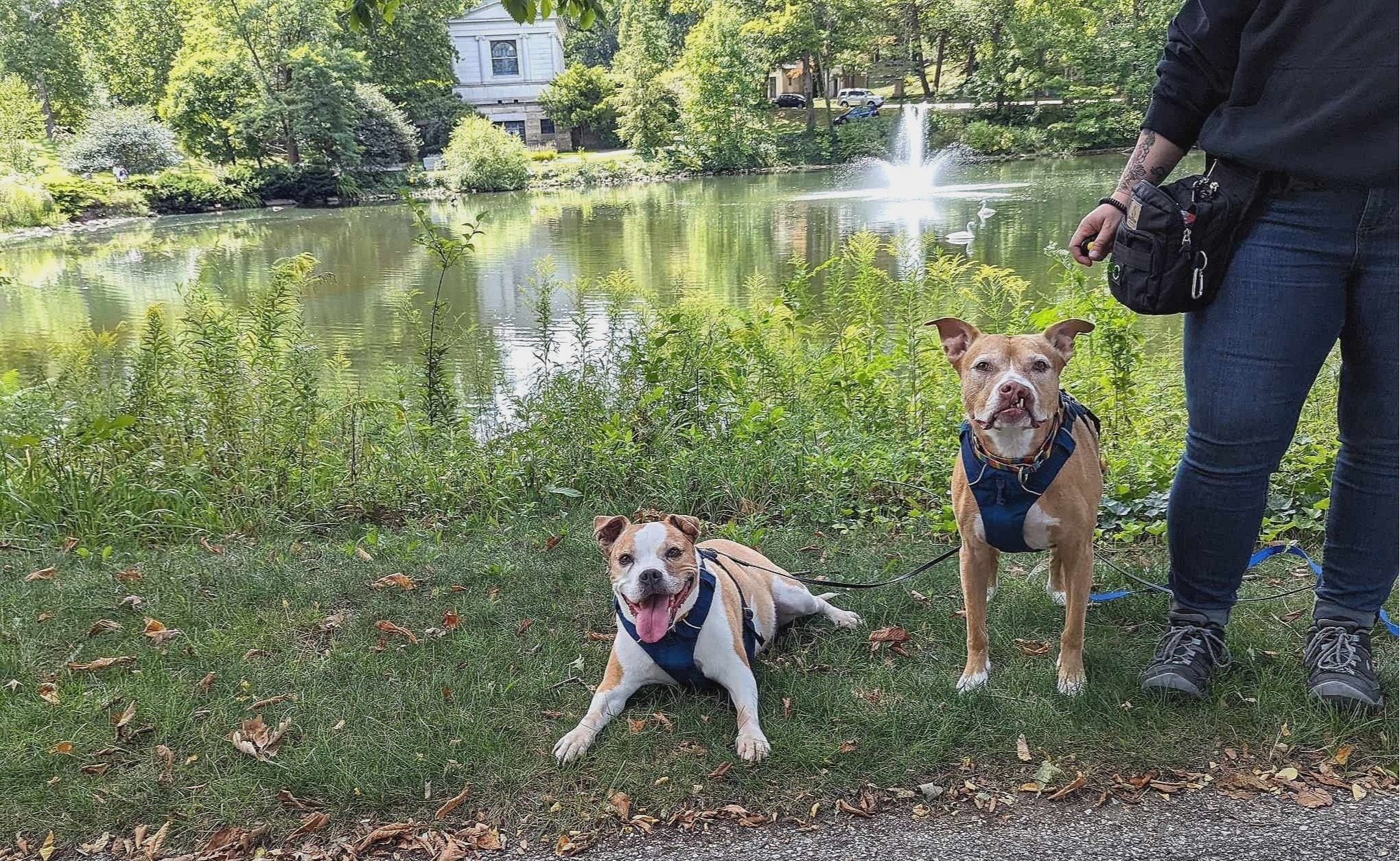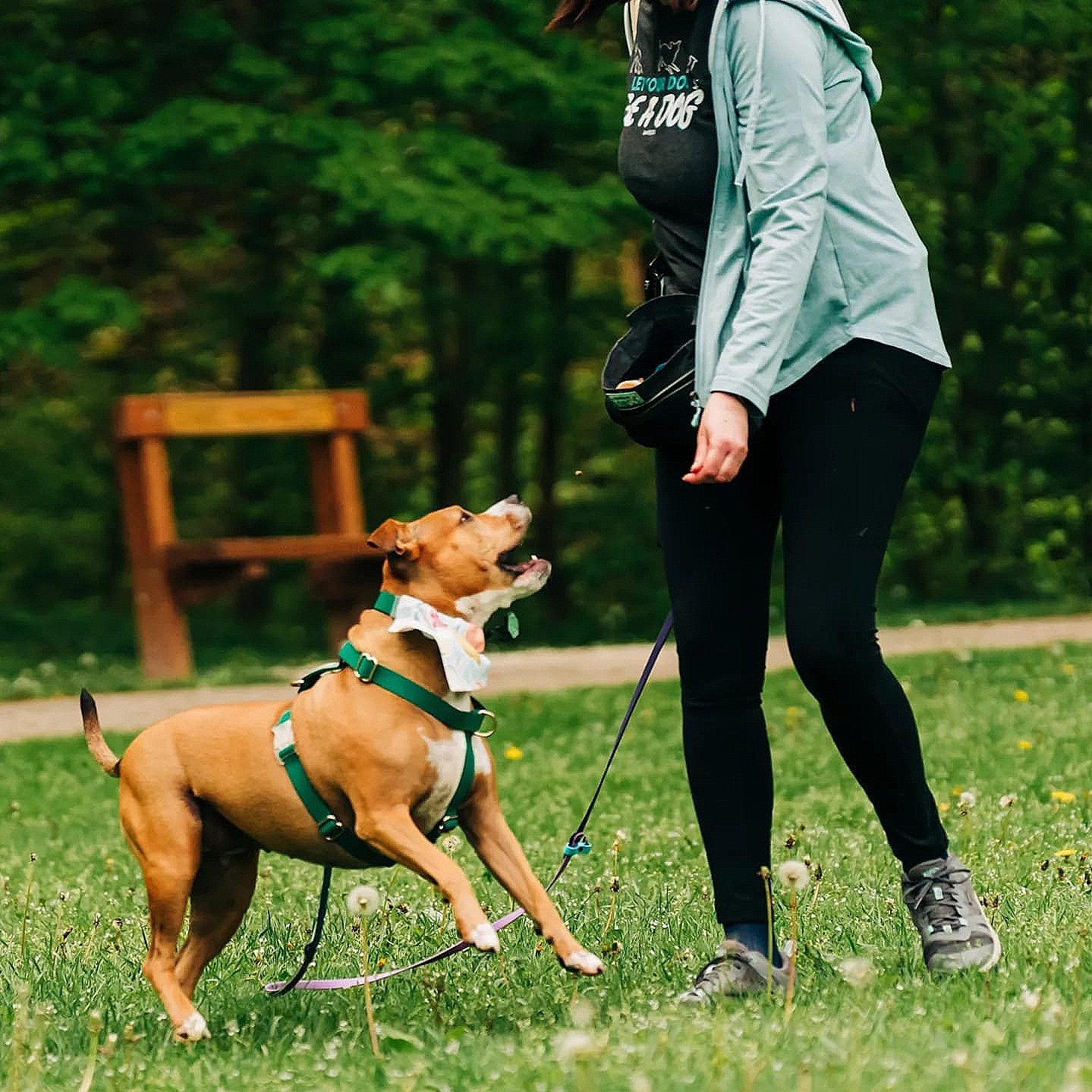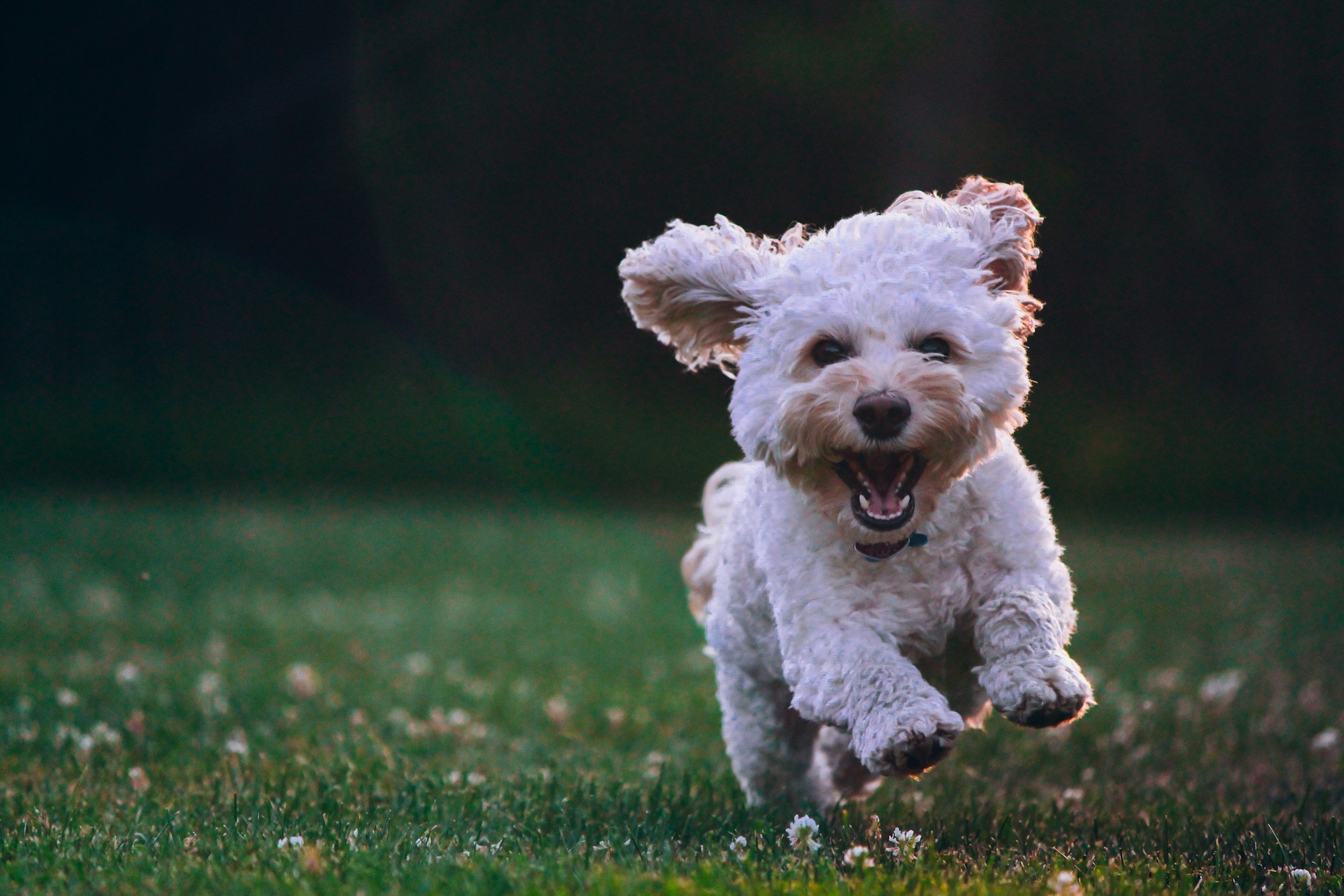
Sits ‘n Wiggles Dog Training
‘n Behavior Consulting
Northeast Ohio’s Premier
Dog Training Company
Valarie can help!
I have been where you are.
I have been frustrated by my dog’s behavior.
I didn’t know where to turn.
I was overwhelmed by the options and opinions on dog training.
Our Behavior Helpline is a 45 minute virtual meeting with Valarie. You can discuss any behavioral concerns and get immediate feedback, even before your first training session.
Have an urgent concern?
-
Too Busy To Train?
Done for You Day Training
At Sits 'n Wiggles Dog Training, we understand that busy schedules can make consistent dog training a challenge. That’s why we offer our Day Training service—a convenient, results-driven program where our expert trainers work with your dog during the day, so you come home to a well-mannered companion.
-
Frustrated With Your Dog's Behavior?
One on One Behavior Consulting
Every dog is unique, and sometimes they develop behavior issues that require specialized attention. At Sits 'n Wiggles Dog Training, our Private Coaching Service is designed to address these challenges with personalized, one-on-one training sessions tailored to your dog’s specific needs.
-
Just get a new puppy?
This 6-week training program for puppies 2–5 months old. We come to you and work directly with your pup several times a week to build essential skills, confidence, and good habits—while you keep your routine. Early learning, made easy!

Diversity, Equality, Inclusion
Statement
At Sits ‘n Wiggles, we proudly support women, and the LGBTQIA+, BIPOC, and immigrant communities. We believe in creating an inclusive, welcoming space for all people and their dogs. As advocates for kindness, equality, and equity, we stand firmly against the harmful policies and actions of the current President that threaten our democracy and the rights of marginalized communities. Our mission is built on compassion, and we remain committed to fostering a better, more just world—one family at a time.

